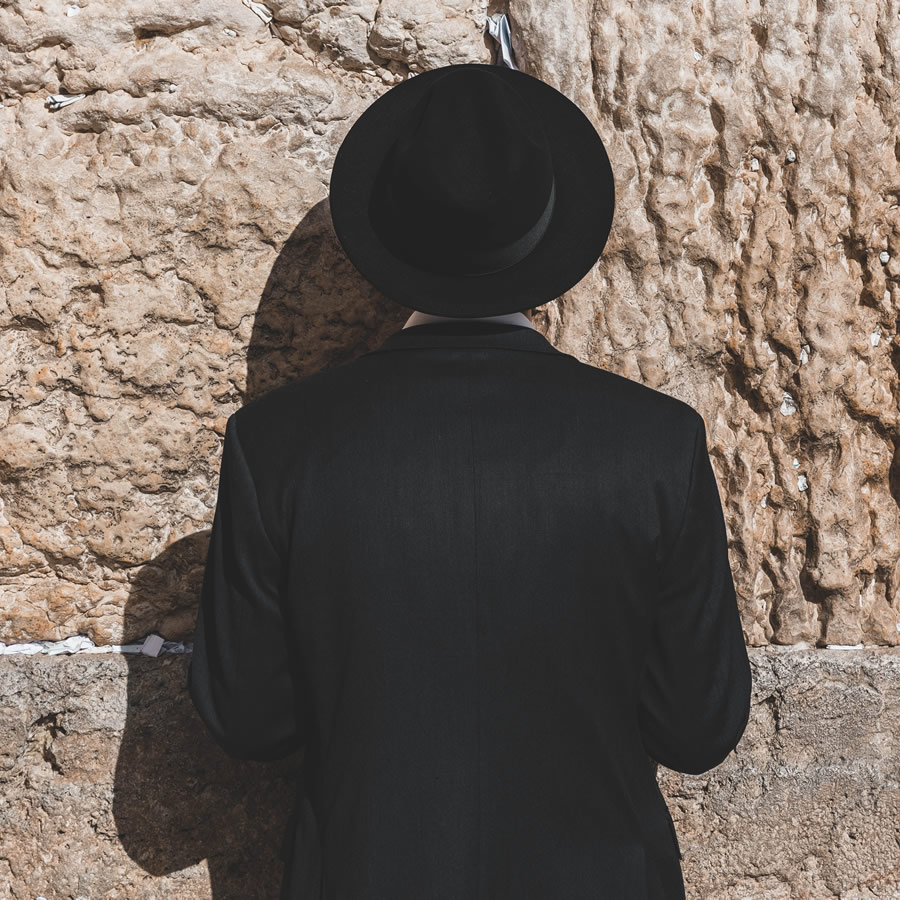EDITOR’S NOTE: This editorial is reprinted here with the gracious permission of the author. It first appeared on his Huffington Post blog.
I have long been interested in pondering why it is that the Jewish people have had, and I hope will continue to have, such a strong relationship to classical music. As Jews approach the Days of Awe, in which countless hours are spent in the synagogue, much of it in singing or listening to singing, it is a good time to explore this question.
While Judaism is many things, including a peoplehood and a culture, it is most importantly, a religion, a belief system. At the center of this belief system is the desire to approach the one God. Living with God is achieved through many avenues, first in belief, in the following of the mitzvot, in the study of Torah in its largest sense, and certainly in praise of God. Like Judaism, it seems to me that classical music is another system that allows us to approach and praise God; perhaps it is one of the most important pathways to God.
Jews now approach God through the activity of prayer. But prayer wasn’t always the form in which praise or communication with the godly occurred. In the times of the Temples, this praise occurred in the form of sacrifice, and music.
It is clear from many of the psalms that music was at the center of the Jews’ approach to God. Whether it took the form of ecstatic praise, as suggested in Psalm 150, or through the simple but firm utterance of the shofar, music represented a simple and direct pathway to the Holy One. In more recent times, the Hasidic movement has used music, in particular, the niggun, as another direct way to approach God. Perhaps music, the artful combination of sound and silence in time, is a form of prayer without words.
An understanding of Jewish prayer suggests that at the center of this enterprise is a celebration of the mystery of the world and the universe. To approach God and God’s creation, is in Abraham Heschel’s term, to approach all that is, with a sense of “radical amazement.” Music and prayer are really both metaphors then for understanding and experiencing our lives in relationship to the mystery of the universe, and our relationship to the Creator.
Music is one of the most direct means of approaching the universe on this basis. It, like prayer, leads us directly through and beyond our logical processes, to an encounter with the ineffable. As the noted composer, Ralph Shapey, said, “A great work of Art is a work which transcends the immediate moment into a world of Infinity; complete and infinite within itself; of inevitability and of Oneness.” Shapey is suggesting that the musical work, as an object, tries to resemble, to imitate, the very nature of God. The result for Shapey, is that music is a form of religious communication, “because for me, yes, great art is a miracle. I’m talking about an experience in which, for that moment, you are in a different time-element, a different sphere. You receive something so marvelous you can’t define it.” Music, like prayer, lets us enter into the realm of miracles, to approach the mystery of the universe.
Both Judaism and music find space and things to be subservient to time.
Abraham Heschel has written, “Judaism is a religion of time aiming at the sanctification of time. Judaism teaches us to be attached to holiness in time. The higher goal of spiritual living is not to amass a wealth of information, but to face sacred moments. Jewish ritual may be characterized as the art of significant forms of time, as architecture of time.” Music, and classical music in particular, is about the sculpting of time into significant forms, into grand architectural works extended in time. Its building blocks are sound and silence. Its reason for being is to provide us with sacred moments, inklings of the Other, in what is, for the most part, a profane world. Like prayer, like the practice of the Shabbat, music allows us to find, and experience, sacred moments in time.
So now, we might ask, What is the relationship between the experience of revelation and that of imagination? Maybe it is simply that revelation is used in a religious context, and imagination is used in a musical, artistic or secular one. As Rabbi Ira Stone has written in his “Seeking the Path to Life,” “Imagination is the bridge between God and humans. It is not the locus of fiction, but the locus of truth. God speaks to us through the imagination.” If this is so, then surely God “speaks” to composers of the greatest imagination. Surely, when artists are “in the zone,” they are closer to the divine spirit. They are crossing that bridge that separates God and humans.
For anyone interested in engaging the sacred, it only makes sense to “listen” to what they have heard.
The Days of Awe are all about turning, and returning, to the better. That includes using our time better, looking for the sacred in the world. I hope that you will include the realm of the great classical works in your search in the coming year.
